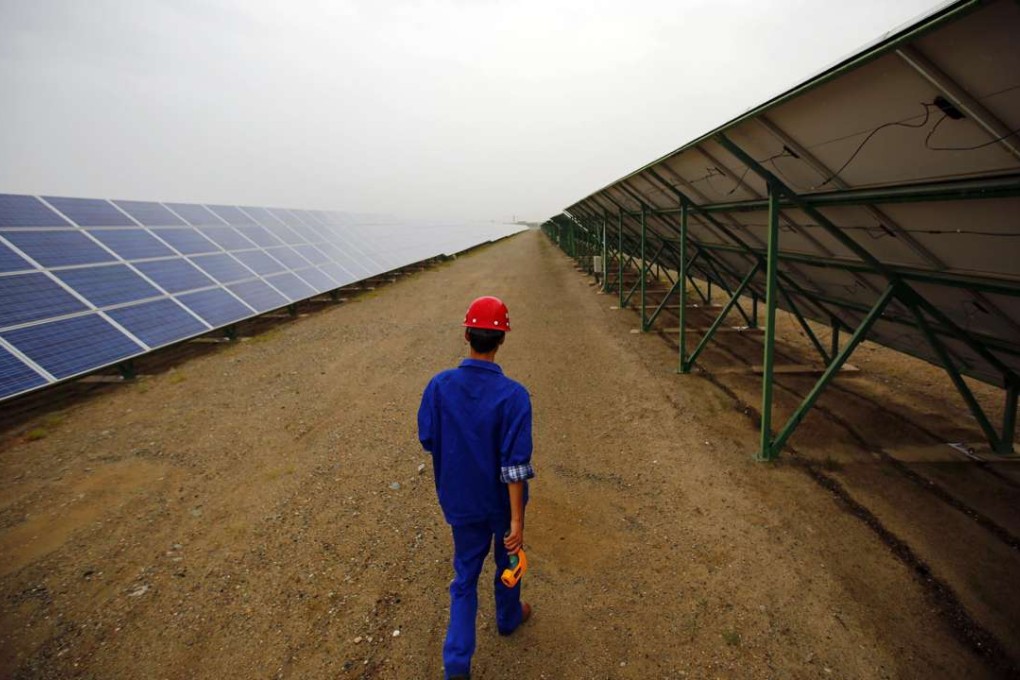GCL Poly Energy says technical problems in new production method won’t see 2.5 billion yuan project abandoned
Company is world’s biggest manufacturer of solar panel materials polysilicon and wafers

GCL Poly Energy, the world’s largest maker of the solar power panel materials polysilicon and wafers, has run into technical difficulties in commercialising a new polysilicon production method, but management has vowed to not abandon the project after ploughing in around 800 million yuan (HK$955 million) so far.
It remains uncertain whether the Jiangsu-based, Hong Kong-listed firm, which missed its December 31 target to release technical results on the project on which it has planned to spend 2.5 billion yuan, will be able to ramp up capacity of production lines using the so-called fluidised bed reactor (FBR) technology to the targeted 25,000 tonnes of annual capacity.
Our FBR line’s development has run into some technical difficulties, but progress has continued to be made
It is also unclear whether it will expand the capacity of its existing production lines using the existing well-proven “modified Siemens” method if it fails to ramp up the FBR line with a low enough production cost to stay competitive in the technology-intensive industry, where ongoing cost reduction is key.
“Our FBR line’s development has run into some technical difficulties, but progress has continued to be made and we are still striving towards the 25,000 tonnes capacity goal,” a company spokesman said.
Asked if GCL had an alternative expansion plan if the technical stumbling block could not be solved, he only said the firm hads been able to make minor capacity increases in its Siemens production lines via facilities upgrades and production process improvements.
GCL completed a 1,500 tonne-a-year trial FBR line in 2013, but management said at the time it needed to be successfully scaled up to 6,000 tonnes before it could reach its target to cut its cash production cost – excluding fixed costs such as depreciation – to US$9 a kilogram.